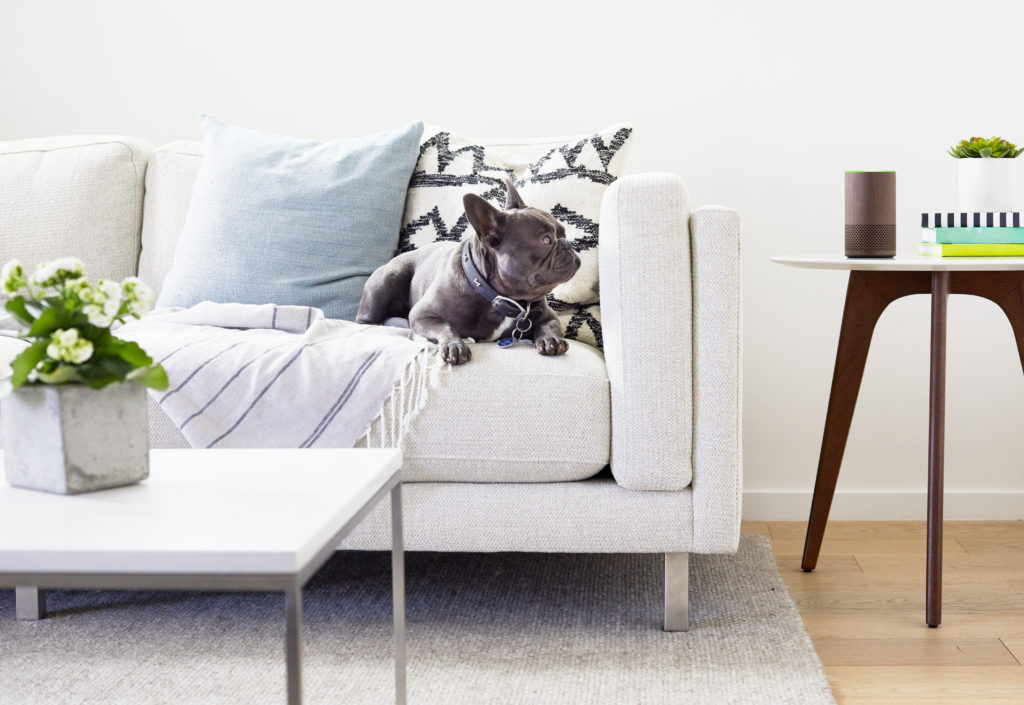Privacy is important right? And yes, we’ve heard the horror stories of your Amazon Alexa listening to you while you have conversations in your home, and then finding out later that your conversation was broadcast online. We’ve heard people hacking into webcams to reveal video feeds of your home and then sharing on Reddit. It happens, and it’s annoying. So we thought we’d partner with The Real Home Show and bring you our tips on how to protect your privacy from those cheeky smart devices.
Smart assistants like Google Assistant and Alexa record what you say after you wake them up and then keep your recordings on their server until you delete them. You can put the devices on mute so they aren’t recording your voice, and you can wipe recordings by going to the apps and My Account tabs, and then tapping on the My Activity tab, where it will list how to delete manually and automatically. Full instructions can be found online for each device.
Smart assistants also store your voice for development purposes. Amazon has a privacy dashboard where you can tell the company not to use your voice recordings in the future. Click on ‘manage how your data improves Alexa’ and turn the toggles off. Google is the only voice assistant that currently doesn’t store your voice forever. To turn off voice storage, go to Google’s Activity Controls and turn off ‘voice and audio activity’ and then click pause.
Consider your WiFi router as the main entrance to your home, which connects your smart gadgets to the outside world. Like any front door it needs securing with locks and keys. In the router’s case it needs a strong password that is long and complicated and won’t give away any personal identification.
Use the most secure encryption method your router permits such as WPA2.

Never write down your passwords; use Keychain or Credential Manager to store passwords in an encrypted manner.
Even if you’ve chosen an unusual password that you can remember it is definitely worth changing your password on a regular basis to ward off the hackers and over-zealous neighbours.
Ensure your router’s on-board software – or firmware – is constantly up to date by checking on its web page for automatic software updates and ensuring they have been completed.
Update your gadgets regularly by checking their apps for new installations or by asking your personal assistants like Alexa and Google Home if they have any updates pending.
Review each of your smart home gadgets’ security settings and apply a different password to every device.
The more you can personalise your security settings with face recognition, fingerprint ID, voice activation the better, as it will prevent other people accessing your personal information.
Don’t use unsecured devices to access your secured smart home tech; using a computer without antivirus software installed or accessing a public computer, makes your connected home vulnerable to malware.
Only buy smart home tech from reputable brands that you know and trust. Read online reviews and talk to your friends and colleagues about their positive experiences. If you decide to plump for an unknown brand you risk the manufacturer going out of business and the product not being supported correctly, which includes your data being protected.